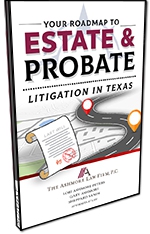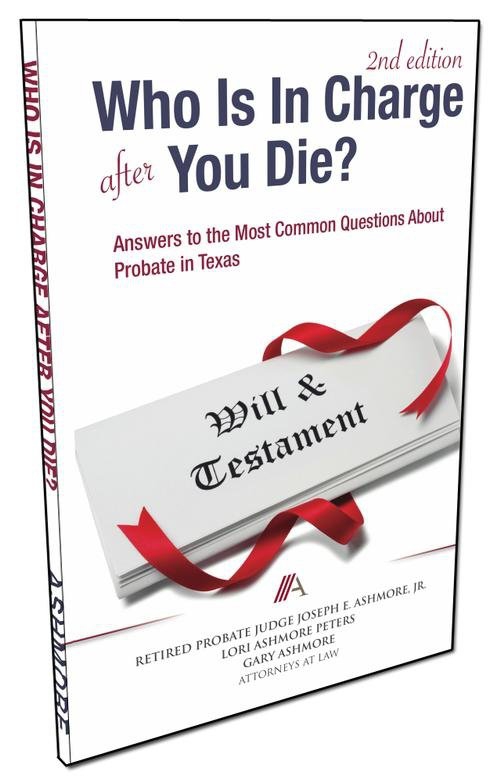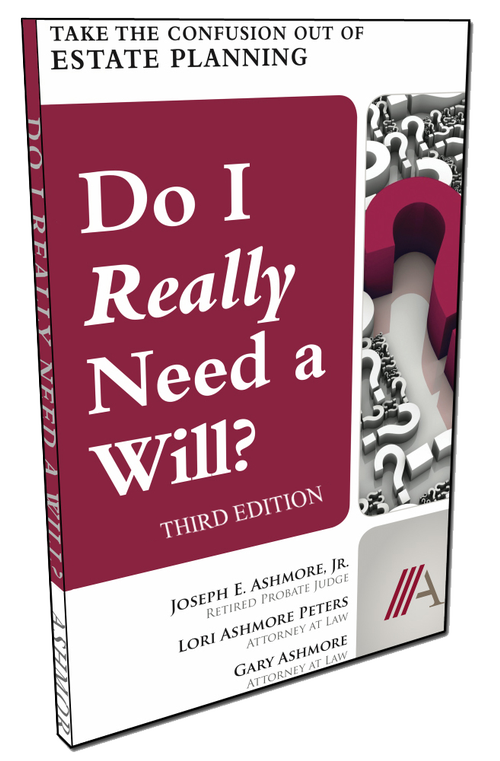“Trusts are one of the most effective tools for protecting what you’ve worked hard to build. In Texas, a trust can help your loved ones avoid probate, maintain privacy, and ensure assets are managed exactly the way you intend. Whether you want to provide for family members, reduce taxes, or plan for future care, the right trust offers flexibility and peace of mind for years to come.”
— Lori Ashmore Peters, Managing Partner at Ashmore Law Firm
Trusts: Protecting What Matters Most in Texas
A trust is an agreement where one person (the grantor) transfers property to another (the trustee) to manage for the benefit of one or more beneficiaries. Trusts can take effect during your lifetime (living trusts) or after your death (testamentary trusts). They’re among the most flexible and powerful estate planning tools available.
Revocable vs. Irrevocable Trusts
Why Consider a Trust?
Trusts aren’t about complexity—they’re about control and protection. With the right trust, you can:
Decide how and when your heirs receive their inheritance
Protect assets for children or family members with special needs
Maintain privacy and avoid probate delays
Minimize estate and income taxes
Common Types of Trusts
- Bypass Trust – Reduces estate taxes and provides for surviving spouses and children.
- Marital Trust – Supports a surviving spouse during life; remaining assets pass to heirs.
- Charitable Trusts – Benefit both charitable causes and named beneficiaries.
- Generation-Skipping Trust – Transfers assets to grandchildren while minimizing taxes.
- Irrevocable Life Insurance Trust (ILIT) – Holds life insurance outside your taxable estate.
- IRA Trust – Manages inherited retirement accounts to stretch tax benefits.
- Spendthrift Trust – Protects beneficiaries from creditors and overspending.
Other Types of Trusts in Texas
Bypass Trust
A Bypass Trust is created in a person’s Will to hold the deceased’s person's property that will not be subject to estate tax. For example in 2016, if a person has not used any of his exemption amount during his lifetime, the Bypass Trust would hold assets worth $5.45 million. This trust can provide for a surviving spouse and/or children, but at the death of the second spouse, the trust "bypasses" the estate process and is not subject to estate tax.
Marital Trust
The U.S. now has an "unlimited marital deduction" which means anyone can pass as much property as he or she wants to his spouse without paying estate or gift tax. A Marital Trust is created generally at the death of the first spouse. The spouse is the only beneficiary during his or her life; and at the death of the surviving spouse, any assets are included in the spouse’s estate.
Charitable Trust
A Charitable Trust can be created at life or at death. A person transfers property into a trust and the trust assets benefit both a charity and named individuals.
Charitable Lead Trust
A Charitable Lead Trust provides that a charity receives distributions for a set amount of time; and after the stated time, the assets either remain in trust for the named individuals or the assets pass outright to the individuals. These trusts may be used to provide for a charity upfront, and delay distributions to individual beneficiaries until such time as the individuals may be more mature. Charitable Lead Trusts are taxable trusts.
Charitable Remainder Trust
A Charitable Remainder Trust provides a payment stream first to individual beneficiaries, then after a stated time, the remainder of the trust passes to a charity. Charitable Remainder Trust is a tax-exempt trust.
Generation-Skipping Trust
A Generation-Skipping Trust allows you to pass property to two or more generations below your generation without tax by utilizing the generation-skipping transfer tax exemption.
Irrevocable Life Insurance Trust (ILIT)
An Irrevocable Life Insurance Trust also known as an ILIT is created during life typically to hold a life insurance policy. The purpose of an ILIT is to keep the insurance proceeds out of the taxable estate at death and to set guidelines as to how the proceeds will be used.
IRA Trust
An IRA Trust is created for the sole purpose of holding the proceeds of an IRA or other similar type of retirement savings of a deceased person. Generally, all of an IRA distribution is subject to income tax, so the IRA Trusts are created to be able to "stretch" out the proceeds of an inherited IRA both to save income taxes and to prevent the beneficiary from having access to the entire amount.
Spendthrift Trust
A Spendthrift Trust will ensure that your loved one does not spend the lump sum of their inheritance all at once. The Trustee you appoint has the authority to make distributions to your spouse, child or grandchild. All of the assets of the trust are used for their benefit but your loved one cannot access the assets on their own.
Estate Planning Resources






Estate and Probate Litigation in Texas: Your Roadmap to Navigate the Process - Informational Book
Request our complimentary book to take the confusion out of estate and probate litigation. You have one chance to prevent someone from taking your inheritance.
Probate Checklist
There are a number of documents that are needed to settle your loved one’s estate. Here is a list of documents you may need.

FREE Book- What To Do When a Loved One Dies, 2nd Edition
Request our complimentary book to use as a roadmap to help get you through a difficult time. It explains what needs to be done step by step.

Complimentary Book- Who Is In Charge AFTER You Die? 2nd Edition
Request our complimentary book to get answers to the most common questions about probate in Texas.

Estate Planning Checklist and Asset Inventory Worksheet
This free estate planning checklist and asset inventory worksheet will help you to see what your assets are and will be helpful when speaking to an attorney.

Complimentary Book- Do I Really Need A Will? 3rd Edition
Request our complimentary book to take the confusion out of estate planning and help to ensure your assets & loved ones are protected.
Top 5 Questions About Trusts in Texas
1. Can a Trust Protect My Assets From Creditors in Texas?
Yes. Certain types of trusts—like irrevocable trusts and spendthrift trusts—can protect assets from creditors, lawsuits, or divorce claims. Once assets are properly transferred into an irrevocable or spendthrift trust, they are no longer considered part of your personal estate. However, the trust must be established before any creditor issues arise, since transfers made to avoid current debts can be challenged under Texas law.
2. How Are Trusts Taxed in Texas?
Texas does not impose a state inheritance or estate tax, but federal estate tax laws still apply. The way a trust is taxed depends on the type of trust and how income is distributed. For example, charitable trusts may offer tax deductions, while irrevocable trusts can remove assets from your taxable estate. Working with an experienced estate planning attorney ensures your trust is structured to minimize tax exposure and maximize benefits for your heirs.
3. Do I Still Need a Will If I Have a Trust?
Yes. Even if you have a trust, a simple “pour-over” will is essential. It ensures that any assets not titled in your trust are transferred into it after your death. A will also allows you to name guardians for minor children—something a trust alone cannot do. The best estate plans in Texas include both a will and a trust working together.
4. How Can a Trust Help Me Avoid Probate in Texas?
Assets held in a revocable living trust can pass directly to your beneficiaries without going through probate. This helps your family avoid court involvement, delays, and added expenses while keeping your financial affairs private. Avoiding probate is one of the most common reasons Texans choose to include a trust in their estate plan.
5. How Do I Know If a Trust Is Right for Me?
Trusts aren’t just for the wealthy—they’re for anyone who wants control, privacy, and protection. If you own real estate, have blended family dynamics, want to protect children or beneficiaries with special needs, or wish to minimize taxes, a trust could be a smart choice.
At The Ashmore Law Firm, Lori Ashmore Peters, a Super Lawyer with more than 20 years of estate planning experience, helps clients throughout Dallas and the surrounding DFW area design customized trusts that fit their unique goals.
Testimonials from Clients We’ve Helped
Trusted Estate Planning Attorneys in Dallas
The Ashmore Law Firm proudly serves clients across Dallas–Fort Worth, helping individuals and families create customized trusts to preserve wealth, avoid probate, and protect loved ones.


